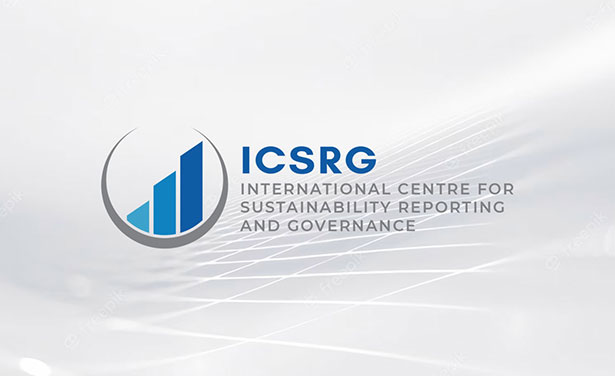Embracing technology-driven solutions for climate data management and reporting can empower organizations to proactively address climate related risks, enhance stakeholder trust, and drive long-term value creation. In this blog, familiarize yourself with the U.S. Securities and Exchange Commission climate disclosure rule and how businesses can embrace the uncertain regulatory environment by embracing technology.
The U.S. Securities and Exchange Commission (SEC) climate disclosure rule is an opportunity to increase corporate transparency and resilience in the face of climate change. As corporate sustainability leaders, Directors of ESG and Compliance, and partners in finance and legal, you are entrusted with shaping the response to this pivotal moment in corporate governance. But let's be clear: your response to the SEC's climate disclosure requirements is an important steppingstone on the journey to sustainability compliance and excellence.
Unveiling the Core Components of the SEC Climate Disclosure Rule
Central to the SEC's mandate are four key components that will shape the trajectory of your organization's sustainability journey:
- GHG Emissions Footprint: Your greenhouse gas emissions footprint is the cornerstone of climate disclosure. It encompasses not only direct emissions from your operations, but also indirect emissions embedded within your supply chain and value chain. While the SEC ruling does not include Scope 3 emissions, given that a company’s value chain is typically the largest component of an organization’s GHG footprint, we recommend this continue to be a focus area of a company’s sustainability strategy
- Targets: Setting ambitious climate targets is not just a checkbox exercise; it's a declaration of intent. While the SEC doesn’t require companies to set targets, they do expect disclosure on existing targets that are material to investors.
- Climate Risk: Analyzing the materiality of both the transition and physical risks on business operations and assets helps lay the foundation of climate risk disclosures. Discussing strategy, management, and financial considerations from climate risk impacts will be key in informing shareholders of ongoing mitigation efforts. If a company has used climate-related scenario analysis and determined a climate risk is reasonably likely to have a material impact or the use of internal carbon pricing is material to how a company evaluates and manages climate risks, the company will be required to disclose the relevant details including financial assumptions, however both will be subject to a safe harbor.
Navigating the Complexity of Climate Data Management
In the face of these rigorous disclosure requirements, the challenge is clear: how do you navigate the labyrinth of climate data management and emerge victorious? Manual processes and outdated systems simply won't suffice. The sheer volume and complexity of climate data, plus increased scrutiny from stakeholders, demand a robust technological solution—one that empowers you to harness the power of data for strategic decision-making.
Enter data management and enterprise software—the catalysts for your organization's journey towards climate disclosure excellence. These transformative technologies offer a lifeline amidst the chaos, providing a unified platform to collect, analyze, and report on climate-related data with unparalleled efficiency and accuracy.
Why Technology Holds the Key to Your Success
Here's why data management and enterprise software are not just tools, but game-changers in your quest for sustainability leadership and SEC compliance:
- Efficiency: Streamline your reporting processes and eliminate manual errors with automated data collection and analysis.
- Transparency: Enhance stakeholder trust with transparent, auditable reporting that showcases your commitment to accountability and integrity.
- Insights: Unlock the power of data-driven decision-making with insights into your organization's environmental performance and progress towards climate targets.
- Competitive Advantage: Stand out from the crowd by leveraging technology to demonstrate your organization's leadership in sustainability and resilience.
Embrace Technology, Embrace the Future
In conclusion, the SEC climate disclosure rule, along with other emerging regulation, doesn’t just serve as a regulatory requirement—it's a call to action for visionary leaders like you to embrace innovation and drive positive change. By harnessing the power of data management and enterprise software, you have the opportunity to not only comply with regulatory mandates but also chart a course towards a more sustainable and resilient future. The future of disclosures and compliance regulations may be turbulent, but there’s one clear way to stay ready amidst the ambiguity: embracing technology. By embracing technology now, you embrace the future with agility and system preparedness.
Embrace best-in-class data management, compliance, and sustainability management with EcoStruxure Resource Advisor.
Contributors:
Anna Pierce, Associate Director, Sustainability
Lindsay Edelman, Sustainability Manager
Andrew Textoris, Sustainability Consultant



